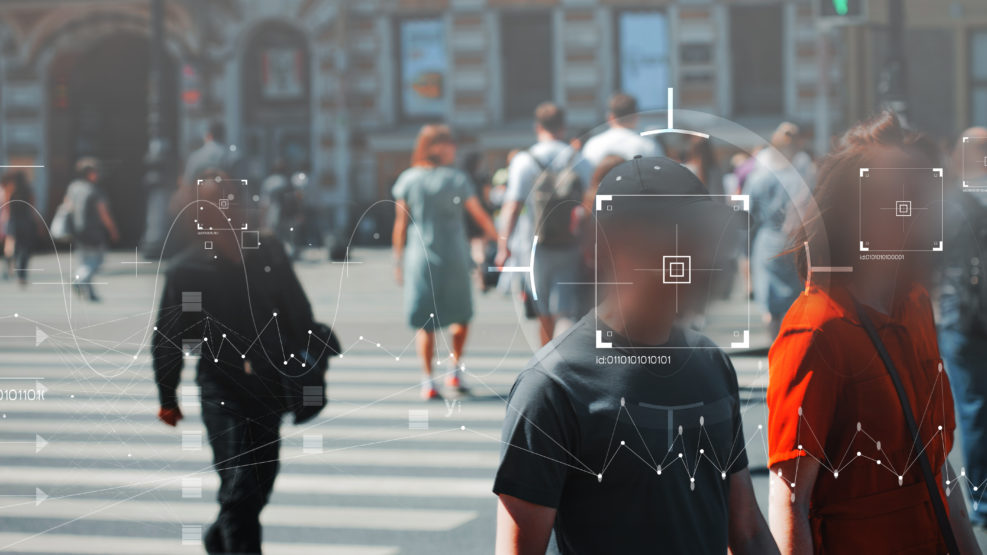
A One-Girl War With the Total Surveillance State —Sci-fi Saturday
The acting, ambience, and special effects in “Bolero” are top quality“Boléro” at DUST by Sarah Gross (June 13, 2021, 17:24) In a future where telepaths are used by the government to monitor the public and root out insurgents, Maya, a non-speaking teen, witnesses her father’s brutal and unjust execution. Set on a path of revenge and destruction, Maya joins the Resistance, hellbent on tracking down Reader 8, the telepath responsible for her father’s death. However, when Maya finally locates her target after years of searching, she is confronted with a choice: either capture Reader 8 and deliver essential intelligence to the Resistance or take him out and fulfill her vengeful quest. Review: “Boléro” debuted at IMDB in 2019 and has deservedly won some industry awards. The acting, ambience, and special Read More ›

















